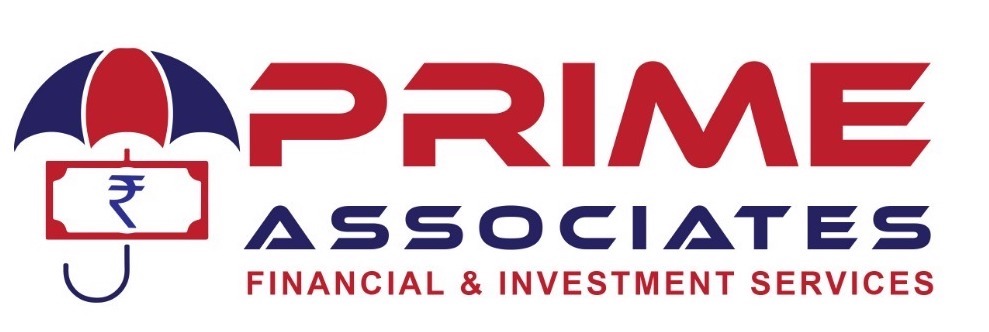Saturday, 14 February 2026

98453 44950 / 86606 65616
Prashant Pimple, Senior Fund Manager Fixed Income has been managing various debt funds since 2004. He has total of almost 12 years experience with Reliance Mutual fund managing duration, credit and balanced schemes. In his working career with Reliance Mutual Fund for last 12 years he has been instrumental and responsible for managing various category of funds successfully which has resulted in consistent and better performance of these schemes over the years. Over the years his experience and performance has resulted in confidence of investors in various schemes managed by him leading to some of the largest in its category fund AuMs. Prashant Pimple has been in Indian fixed income markets since 2000 having a rich and varied experience in Bank and Mutual Fund treasuries for last 17 years.

Answer: Budget was on expected lines and gave equal focus to fiscal stability and fiscal stimulus, Market’s main concern was about the funding for the capex and projects announced. Given that most concerns have been addressed, benchmark yields have remained stable since the budget.
Answer: Markets had largely priced in a slight fiscal deficit slippage. It was on expected lines given the upcoming elections however on the positive side the government reiterated its commitment to achieve the medium term fiscal deficit target of 3% of GDP by FY21 – indicating seriousness of the government to adhere to fiscal consolidation path in medium term.
Answer: Given that CPI has been undershooting its projections due to which MPC cut the repo rate in a surprise move in the Feb’19 policy meet and changed its stance to neutral. The latest GDP number has come below expectations and with lower CPI there may be a scope for one more cut and then a prolonged pause to push growth.
Answer: State government waivers does not impact the central government finances as fiscal deficit is always calculated on the central government borrowings. However when the combined state and central fiscal is taken, then the fiscal deficit is higher but trading is higher in government securities rather than state developments loans (SDLs). Markets are pricing SDLs as per their respective finances. So in that sense government securities see heavy trading compared to SDL’s.
Answer: Investors should ignore the short term volatility in markets and hold on to their investment as per their investment horizon. In 2018, yields went up across the curve due to which returns were muted but as things stabilize returns would accrue back. Investors should also stick to funds as per their risk appetite. Investors should stick to funds which are true to their mandate.
Answer: Reliance Mutual Fund has one of the largest credit research team in the Industry with a 10 member team. Credits taken are through detailed and thorough due diligence and with adequate structuring to protect investors. Credit risk is taken where the funds are only mandated to do so. For example: Reliance Credit Risk fund where predominant investment is into AA and below rated corporate bonds. In our Reliance Strategic Debt Fund – there is an internal mandate that we would not take any exposure below AA-. So it is very important to stick to fund mandate more than anything else.
Imp. Note: We are registered NJ Wealth Partners and this interview published is sourced from NJ Wealth with due permissions. Reproduction of this interview/article/content in any form or medium by any means without prior written permissions of NJ India Invest Pvt. Ltd. is strictly prohibited.